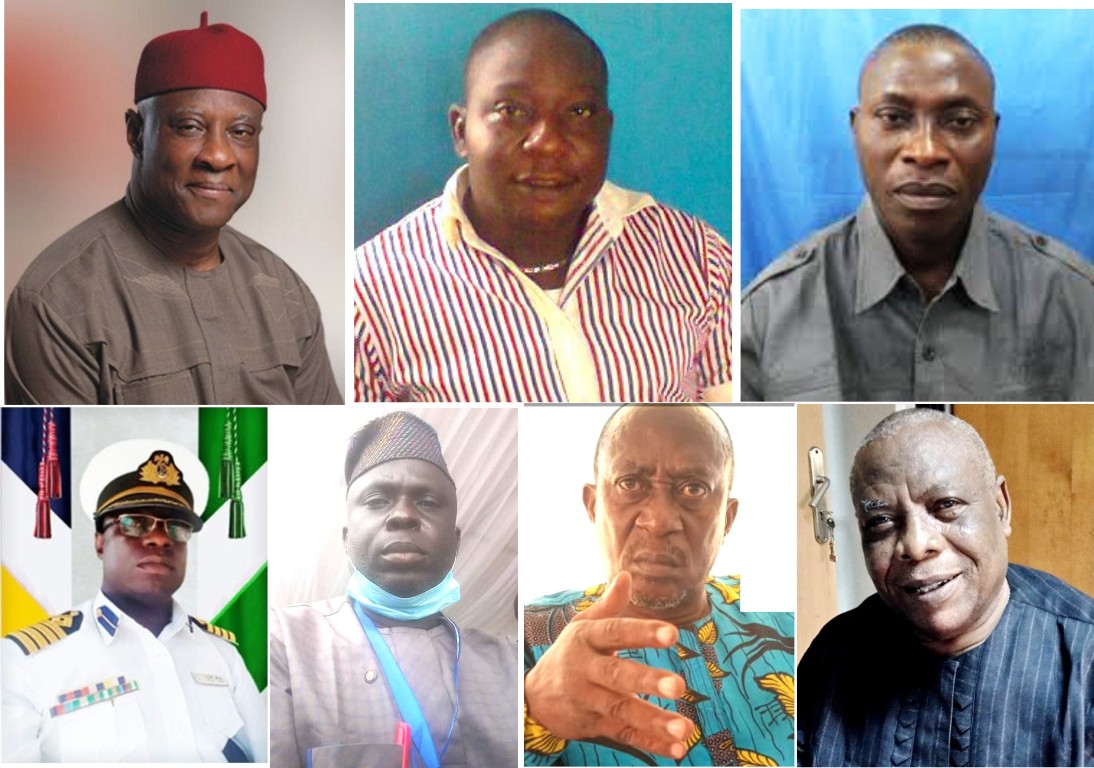
Captain Emmanuel Iheanacho
It is a programme to develop indigenous capacity. Anything that has to do with human capital has to be encouraged. It is better that we are developing human capacity rather than resisting them and allowing them to waste. It is bound to be worthwhile, I’m sure.
Mr Chris Sadoh (Stars Maritime)
It is not just a Nigerian phenomenon, but also all other countries that are maritime- inclined. The problem we have is that we have leaders who are not sincere in Nigeria. It is not a matter of pronouncing an initiative, but also considering the outcome. At the end of the day after the pronouncement, it may not have a good outcome. It is good to have such a programme.
Engr. Matthew Alalade (Former President, Merchant Navy)
It is not worth it. Instead of those funds that are spent abroad, why not spend them in Nigeria. The government can train Nigerians here. When these people come back, they roam the streets because there are no jobs. We have a lot of Master mariners with experience who can train people. It is overdue for the government to stop sending people outside the country for training. They have been doing it before now, but it must come to a stop for now and focus on improving indigenous schools.
Captain Alfred Oniye (Maritime Security Expert)
I don’t see anything encouraging in the programme. I just see it as a waste of funds. It is like investing in another man’s economy when you can invest in your economy. The money invested in countries like Egypt can be invested in our local maritime institutions and they will give us the best. Outsiders cannot know our waters more than we do. We only need to develop our institutions, give them training vessels and engage seasoned Captains and Professionals who are still very active as instructors and not the outdated ones. I am sure with these the Cadets will do better.
Captain Adetayo Saliu (Chairman, Merchant Navy Shipping Zonal Council)
In my opinion, it is a good programme but not perfectly executed. They train cadets outside the country despite the fact that we have recognized maritime institutions that have the mandate to train people. If they invest the money here, it will go a long way in growing our economy and maritime circle. They should also make provision for retraining and assisting the experienced officers on the ground. This is because, most of the companies are not paying them well and most of them don’t have the money to enroll for the next class of qualification examination to update their certificates.
Rev. Jonathan Nicol (President, SALS)
It would have been more possible if we have Nigerian carriers, that is, we have our own vessels. If we don’t have vessels it means, we will have to queue up for foreign ship owners to employ and that cannot be guaranteed. It is not bad to train our people because we might have our own carrier in the future. Then we can now use our own seafarers on our vessels. Also, seafarers are expected to have experience on international waters. This is one of the major criteria to be employed by foreign ships.
Captain Thomas Kemewerigha
My position is very clear on this. Nigeria has the largest coastline in the sub-region. Why do our seafarers need to go and obtain international tickets to go outside Nigeria, when the ones that attended MAN Oron, and Oceanography are roaming around without sea time and no jobs? NIMASA should arrange for training vessels, if they don’t know what to do with the money. We need enough training vessels that will absorb our indigenous students to give them the eligibility to sit for their exams. We have an abundance of seafaring jobs in this country that our CoC’s can accommodate. The system is a mess.
Kindly like us on Facebook
















Discussion about this post